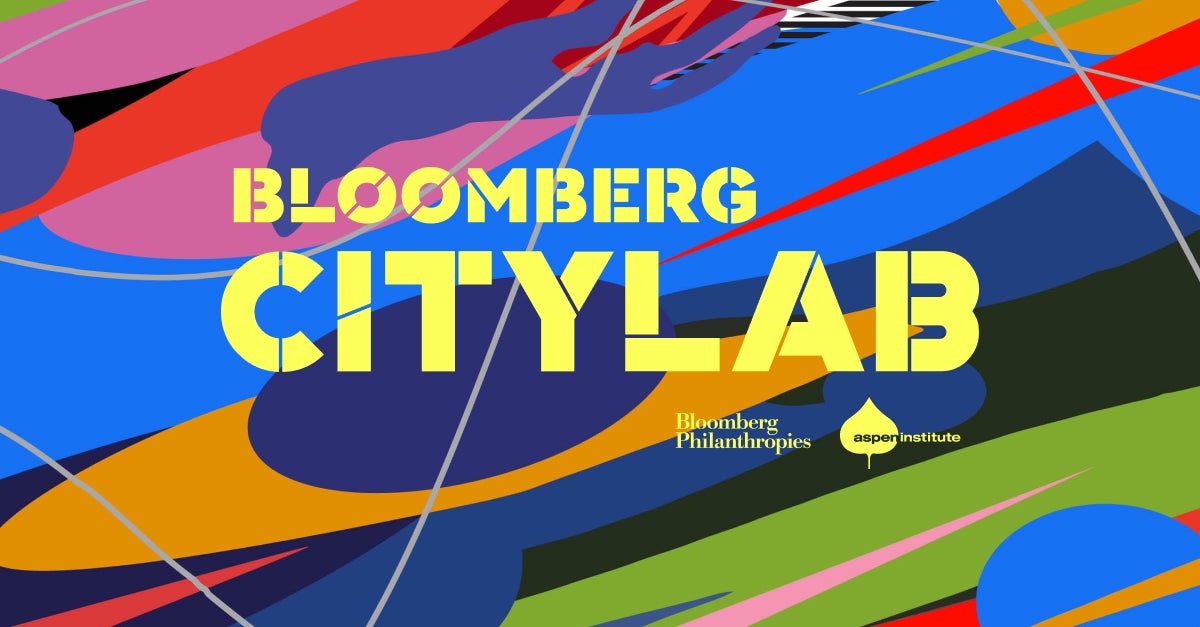With the nation’s eyes trained on Baltimore in the wake of Freddie Gray’s death and then on protests and riots that followed, the city’s many challenges became impossible to ignore. Beyond the immediacy of burning cars and businesses, many were quick to point out the underlying issues have been simmering for decades: an eroding trust between police and citizens, an exodus of middle-class jobs, underperforming schools, and seemingly countless manifestations of institutional racism.
Yet if the city’s problems are readily apparent, meaningful but achievable solutions are harder to pin down.
I recently sat down with Rodney Foxworth, a nonprofit consultant and social entrepreneur. He is also the co-founder of the Baltimore Social Enterprise Network, a growing community of nonprofiteers, social entrepreneurs, philanthropists and civic leaders working to strengthen Greater Baltimore.
“No one wants to see a weaker Baltimore. No one wants to see a poorer Baltimore,” Foxworth says. “We all want to see a stronger, more connected city. So the question is how do we make it easier for people to do that?”
Even (and perhaps especially) in light of its current unrest, Foxworth sees a Baltimore that is rich with talented people in tune with the pulse of Baltimore’s neighborhoods. They have the deepest understanding of the frustrations, needs and resources in their communities, as well as powerful visions for moving forward.
In other words, Baltimore has leaders. But what can be done to empower them to pursue their visions? How can we provide them with the tools to be successful entrepreneurs?
The stakes are high. Unemployment in Baltimore is 9 percent, over two points higher than the Maryland’s average. Even that statistic is too generous: many low-wealth neighborhoods have unemployment rates above 30 percent. A city that lost 95,000 jobs between 1969 and 2009 cannot afford to squander the potential of any of its leaders, especially not those would-be entrepreneurs who would invest in the areas most in need of opportunities.
Nationwide, small businesses drive the creation of roughly two-thirds of all new jobs and generate over 50 percent of our gross domestic product. Rebuilding America’s Main Street is everyone’s job because, ultimately, if small and new business owners are left to fail, we will all share the burden.
The problem is that entrepreneurship is often a product of privilege rather than a democratic right. Like the potential employees and customers they could serve, many of these entrepreneurs are locked out of the networks and resources they need to be successful. Without these resources — access to capital, expertise in fields like marketing and data management and more — Baltimore’s entrepreneurs face daunting barriers to starting, building, and sustaining the ventures that are so vital to their communities.
Foxworth’s latest venture, Invested Impact, focuses on bridging the gap between talent and meaningful support to lower the barriers facing many community leaders. It aims to partner intensively with local community-invested entrepreneurs, connecting them with the mainstream partnerships and other vital resources necessary for success. Foxworth’s goal is not simply to incubate or accelerate the growth of these ventures, but to collaborate with them long-term.
Progress is gradual but, through efforts like this, attitudes among potential mainstream partners — from banks and investment partners to major retailers and marketers — are beginning to change. Especially in the current climate, even those who don’t personally share the daily struggles of many Baltimoreans are realizing that the health of a city is contingent on the prosperity of all its citizens. In practice, this means understanding that building relationships with local entrepreneurs is not an act of charity but rather a way to develop their own social capital and create valuable long-term partnerships that can enrich parties on both sides.
“People are willing to pay to help people now because they see the professional development opportunities,” explains Foxworth. “The assistant VP that wants to do something community-based has an opportunity to do that by working with these entrepreneurs, side by side with them, and growing, and being present in the community — and the entrepreneur gets that benefit, too.”
Ultimately, Baltimore itself stands to benefit most from these partnerships. As with improved education and police-community relations, Baltimore’s future peace relies on its ability to develop an equitable local economy.

